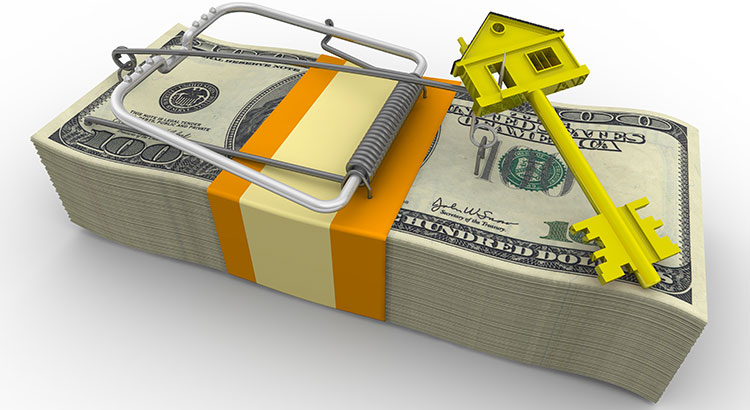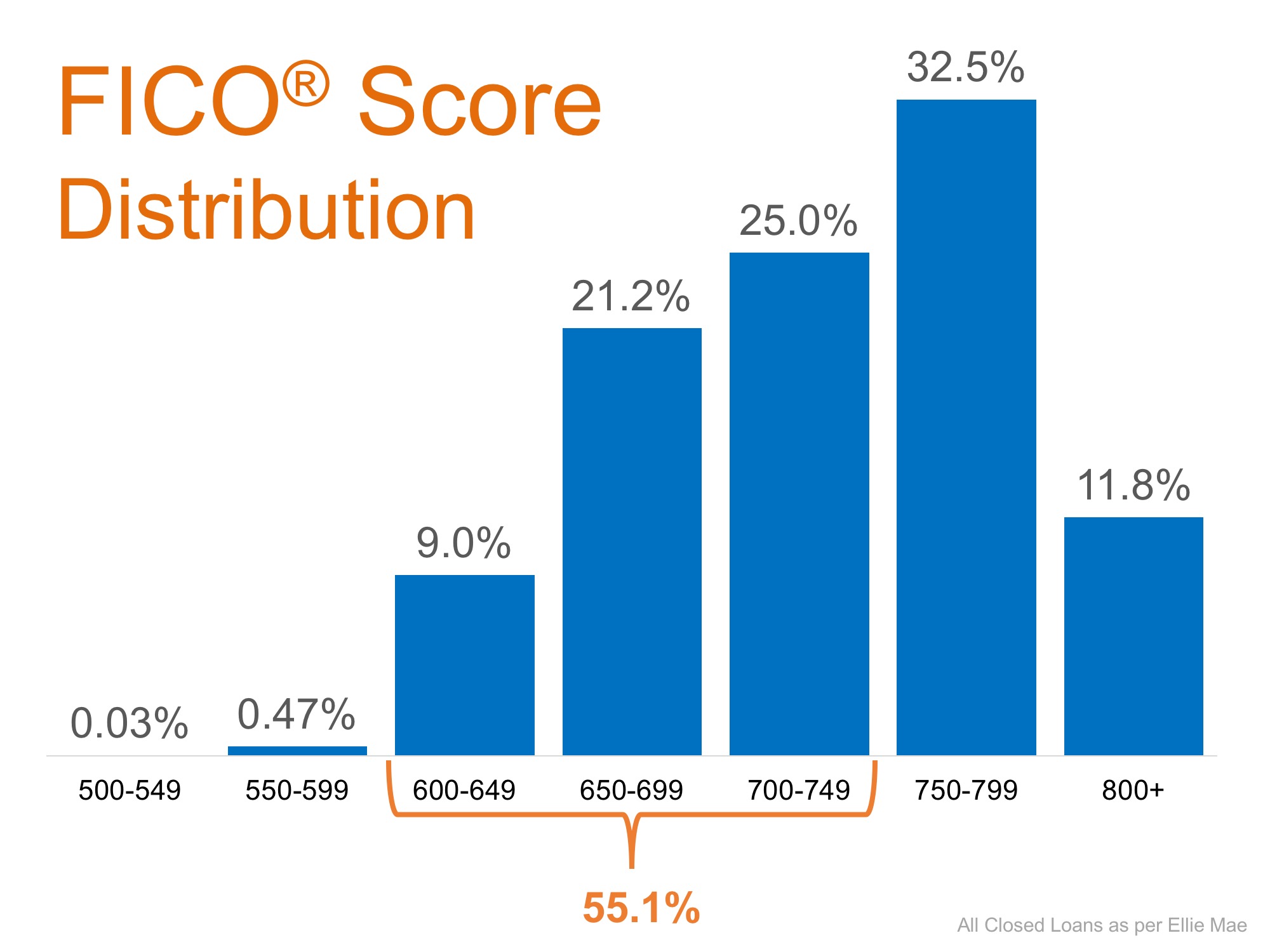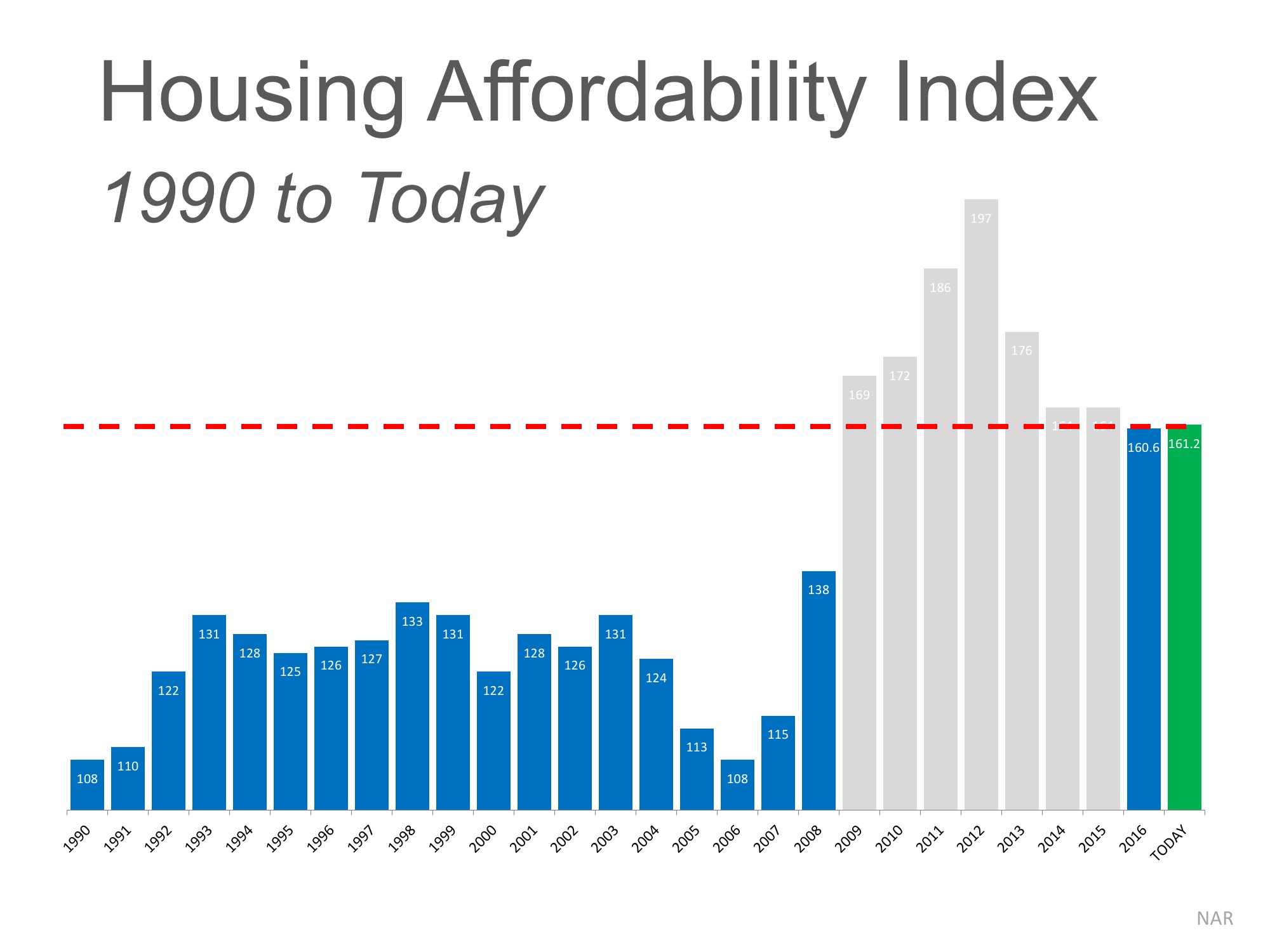 Many Americans got some depressing news last week; either their tax return was not as large as they had hoped or, in some cases, they were told they owed additional money to either the Federal or State government or both. One way to save on taxes is to own your own home.
According to the Tax Policy Center’s Briefing Book -“A citizen's guide to the fascinating (though often complex) elements of the federal Tax System” - there are several tax advantages to homeownership.
Here are four items, and a quote on each, from the Briefing Book:
Many Americans got some depressing news last week; either their tax return was not as large as they had hoped or, in some cases, they were told they owed additional money to either the Federal or State government or both. One way to save on taxes is to own your own home.
According to the Tax Policy Center’s Briefing Book -“A citizen's guide to the fascinating (though often complex) elements of the federal Tax System” - there are several tax advantages to homeownership.
Here are four items, and a quote on each, from the Briefing Book:

Many Americans got some depressing news last week; either their tax return was not as large as they had hoped or, in some cases, they were told they owed additional money to either the Federal or State government or both. One way to save on taxes is to own your own home.
According to the Tax Policy Center’s Briefing Book -“A citizen's guide to the fascinating (though often complex) elements of the federal Tax System” - there are several tax advantages to homeownership.
Here are four items, and a quote on each, from the Briefing Book:
1. Mortgage Interest Deduction
“Homeowners who itemize deductions may reduce their taxable income by deducting any interest paid on a home mortgage. The deduction is limited to interest paid on up to $1 million of debt incurred to purchase or substantially rehabilitate a home. Homeowners also may deduct interest paid on up to $100,000 of home equity debt, regardless of how they use the borrowed funds. Taxpayers who do not own their home have no comparable ability to deduct interest paid on debt incurred to purchase goods and services.”
“Homeowners who itemize deductions may reduce their taxable income by deducting any interest paid on a home mortgage. The deduction is limited to interest paid on up to $1 million of debt incurred to purchase or substantially rehabilitate a home. Homeowners also may deduct interest paid on up to $100,000 of home equity debt, regardless of how they use the borrowed funds. Taxpayers who do not own their home have no comparable ability to deduct interest paid on debt incurred to purchase goods and services.”
2. Property Tax Deduction
“Homeowners who itemize deductions may also reduce their taxable income by deducting property taxes they pay on their homes.”
“Homeowners who itemize deductions may also reduce their taxable income by deducting property taxes they pay on their homes.”
3. Imputed Rent
“Buying a home is an investment, part of the returns from which is the opportunity to live in the home rent-free. Unlike returns from other investments, the return on homeownership—what economists call “imputed rent”—is excluded from taxable income. In contrast, landlords must count as income the rent they receive, and renters may not deduct the rent they pay. A homeowner is effectively both landlord and renter, but the tax code treats homeowners the same as renters while ignoring their simultaneous role as their own landlords.”
“Buying a home is an investment, part of the returns from which is the opportunity to live in the home rent-free. Unlike returns from other investments, the return on homeownership—what economists call “imputed rent”—is excluded from taxable income. In contrast, landlords must count as income the rent they receive, and renters may not deduct the rent they pay. A homeowner is effectively both landlord and renter, but the tax code treats homeowners the same as renters while ignoring their simultaneous role as their own landlords.”
4. Profits from Home Sales
“Taxpayers who sell assets must generally pay capital gains tax on any profits made on the sale. But homeowners may exclude from taxable income up to $250,000 ($500,000 for joint filers) of capital gains on the sale of their home if they satisfy certain criteria: they must have maintained the home as their principal residence in two out of the preceding five years, and they generally may not have claimed the capital gains exclusion for the sale of another home during the previous two years.”
“Taxpayers who sell assets must generally pay capital gains tax on any profits made on the sale. But homeowners may exclude from taxable income up to $250,000 ($500,000 for joint filers) of capital gains on the sale of their home if they satisfy certain criteria: they must have maintained the home as their principal residence in two out of the preceding five years, and they generally may not have claimed the capital gains exclusion for the sale of another home during the previous two years.”
Bottom Line
We are not suggesting that you purchase a house just to save on your taxes. However, if you have been on the fence as to whether 2017 is the year you should become a homeowner, this information might help with that decision.
Disclaimer: Always check with your accountant to find out what tax advantages apply to you in your area.
Call Me For All of Your Real Estate Needs!!
We are not suggesting that you purchase a house just to save on your taxes. However, if you have been on the fence as to whether 2017 is the year you should become a homeowner, this information might help with that decision.
Debbie Mignogna, ABR, SRS
Your Blue Bell Realtor
BHHS Fox & Roach Realtors
267-640-1120
Debbie Mignogna, ABR, SRS
Your Blue Bell Realtor
BHHS Fox & Roach Realtors
267-640-1120

![Slaying Home Buying Myths [INFOGRAPHIC] | MyKCM](https://d8yi0qr1xsq5x.cloudfront.net/2017/04/21104334/Slaying-Myths-STM-2-1046x1477.jpg)







